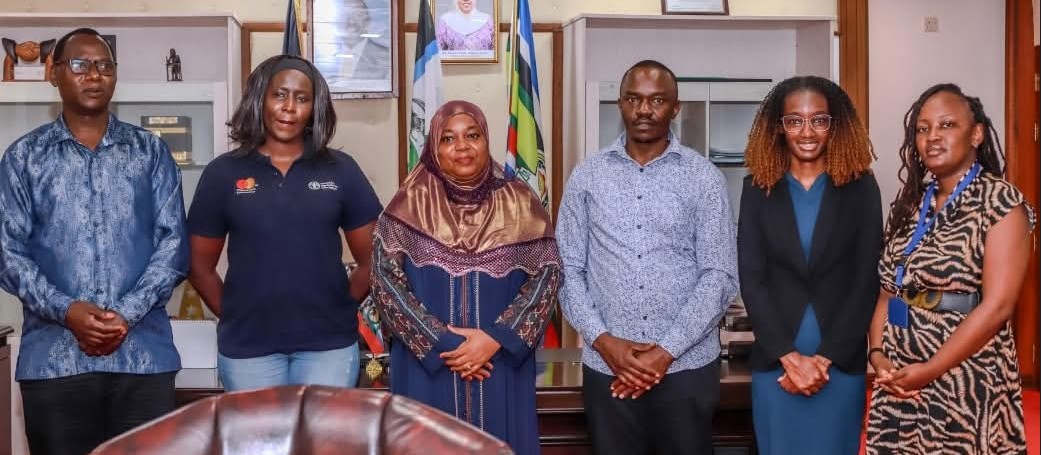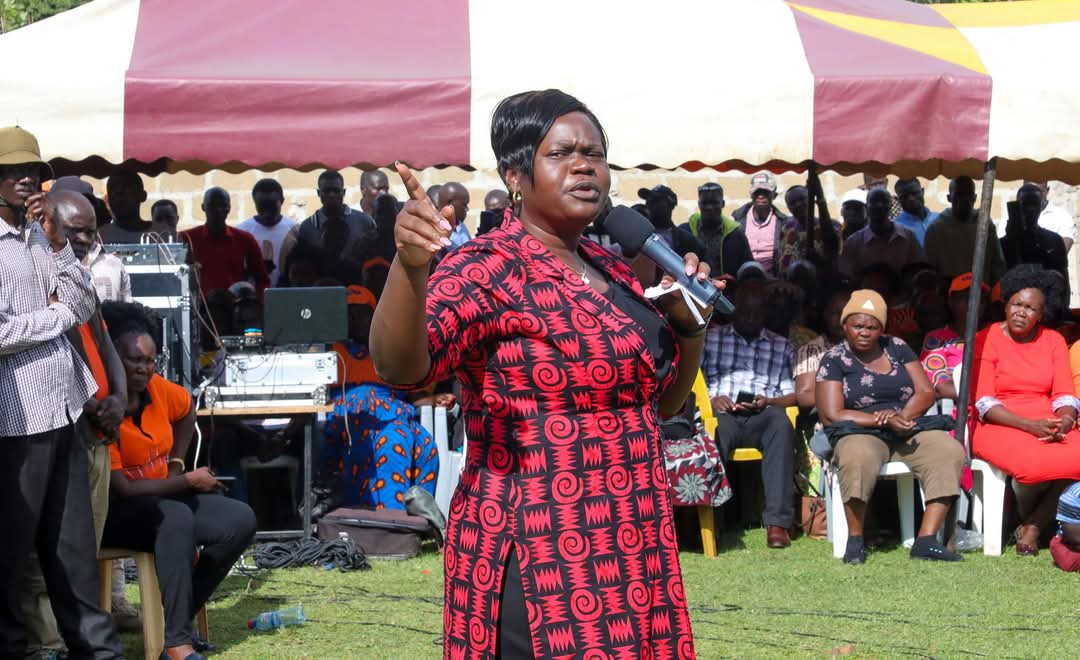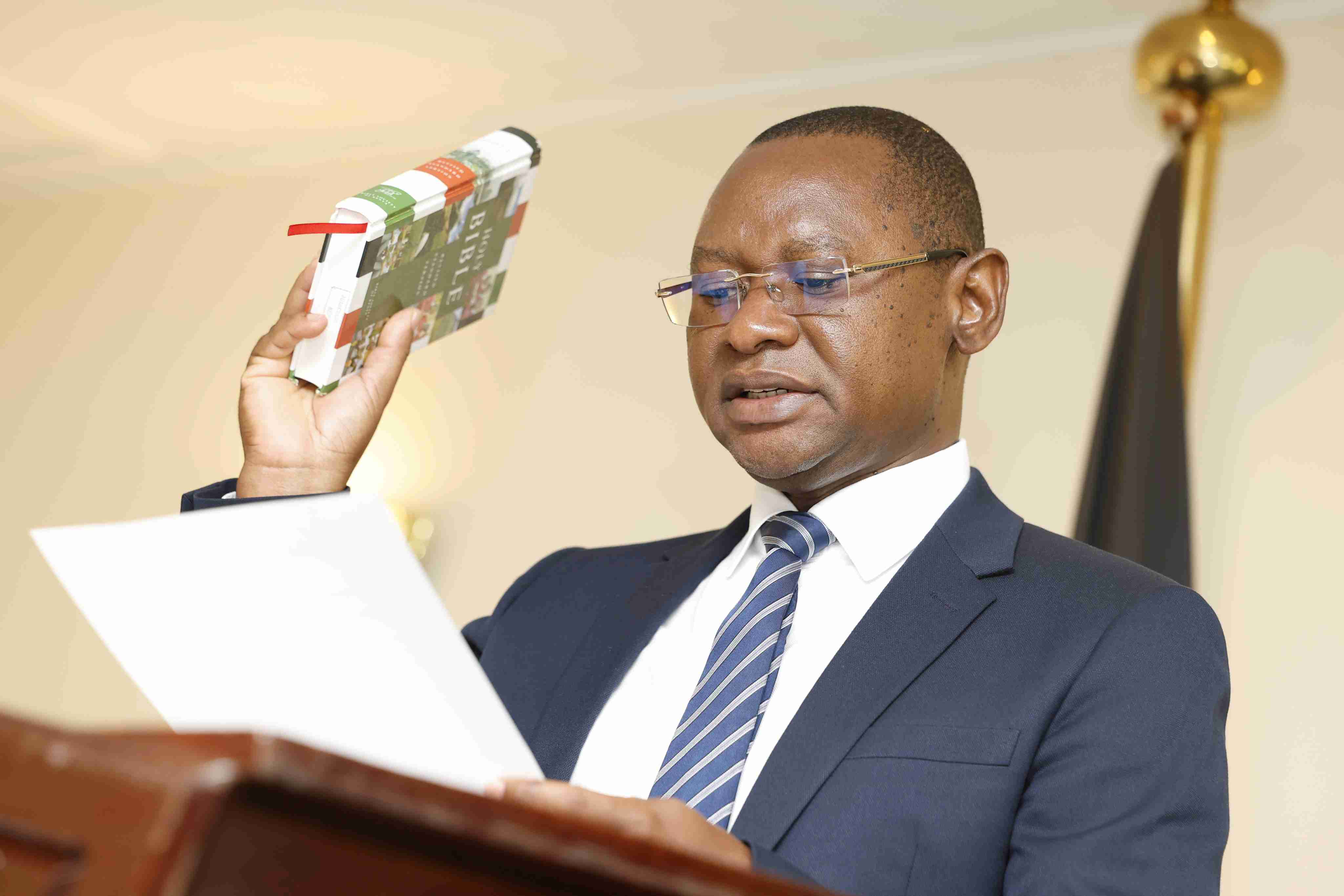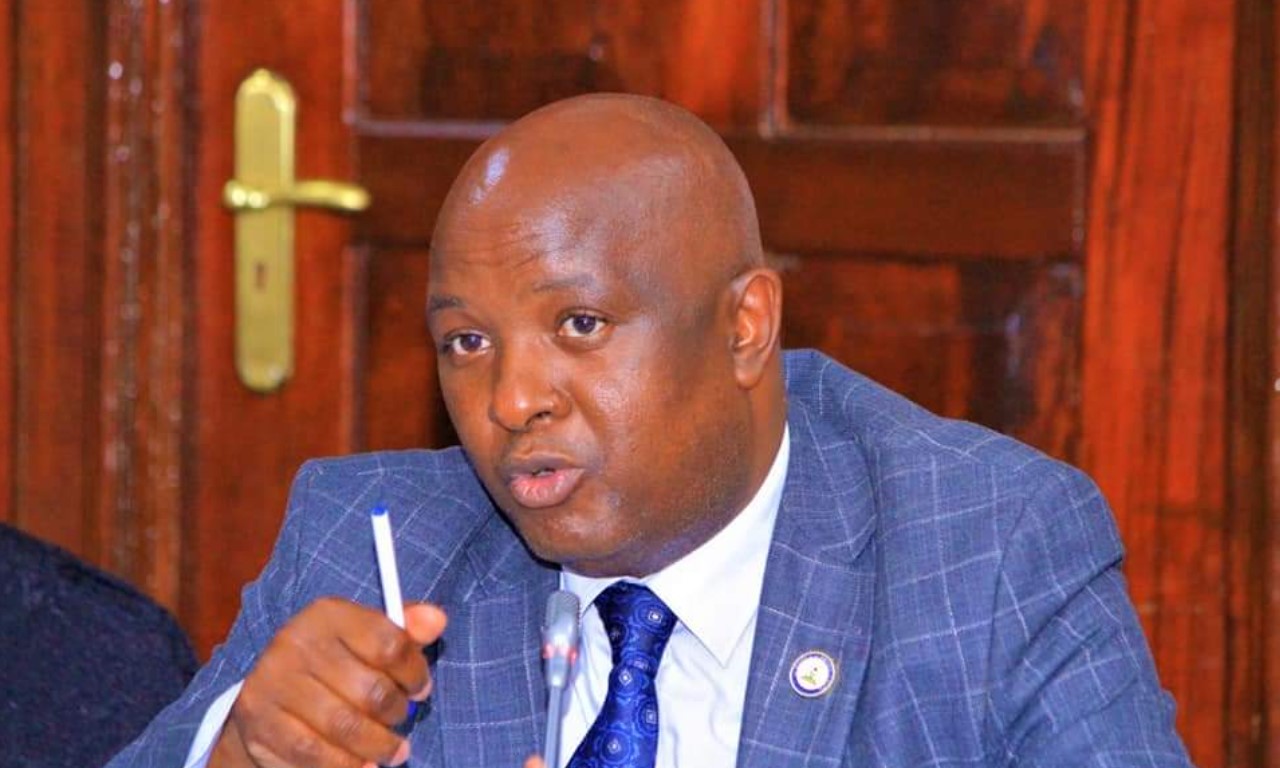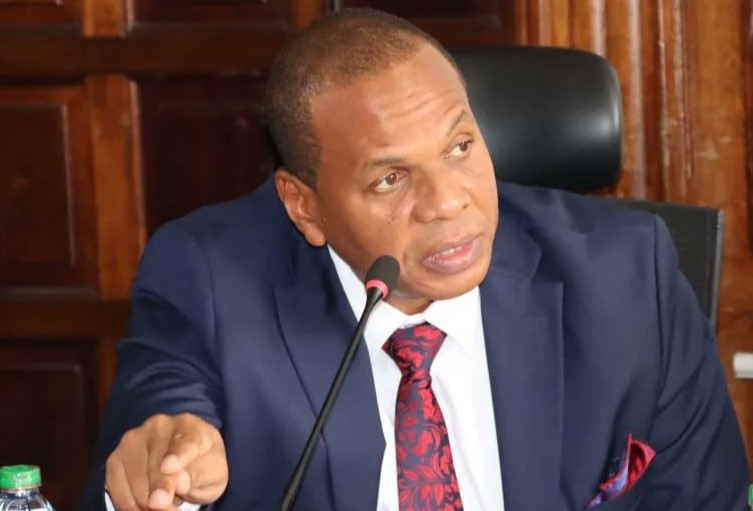Nyong’o urges Kenyans to reject tribalism in tribute to Raila Odinga
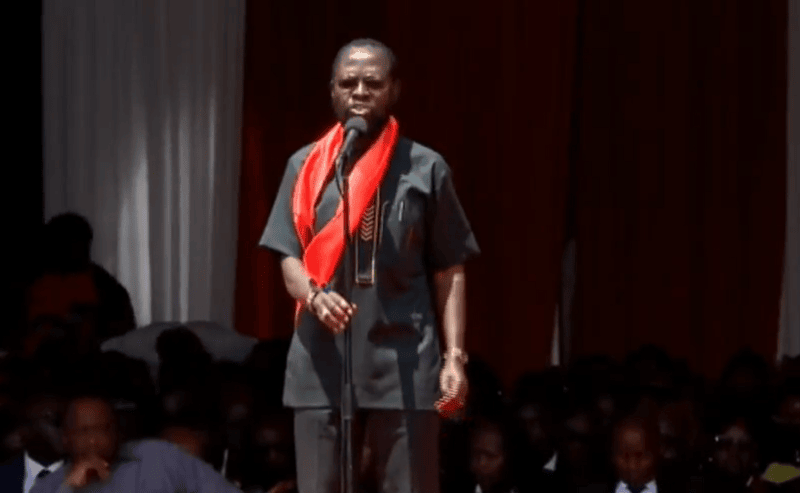
Reflecting on Raila’s political impact, the governor revisited the 2005 constitutional referendum, which he described as a pivotal moment in Kenya’s democratic history.
Kisumu Governor Anyang’ Nyong’o has urged Kenyans to confront tribalism, highlighting former Prime Minister Raila Odinga’s lifelong commitment to promoting national unity and inclusive governance.
Speaking at the late leader’s funeral service at Jaramogi Oginga Odinga University of Science and Technology (JOOUST), Nyong’o recounted his last meeting with Raila, where the two discussed the dangers of ethnic divisions and the need to prioritise the nation over tribe.
More To Read
- Ruto and Oburu strengthen UDA-ODM alliance after by-election win
- Kimani Ichung’wa blames Opposition losses on ‘tribal’ campaign messaging
- Saboti MP Caleb Amisi warns ODM may not survive 2027 after by-election struggles
- Harrison Kombe wins Magarini parliamentary seat with 17,909 votes
- MP Kaluma injured as bodyguard loses gun in Kasipul poll chaos
- Magarini by-election: ODM's Harrison Kombe raises alarm as agents barred from polling stations
He noted that Raila encouraged him to write a paper on “nationalities and the modern state” for the party’s Central Committee to deliberate on.
“The word ‘tribe’ came from colonialists. As far as Kenyans were concerned, we knew people by their individual names. Tribe is an introversive concept. Baba encouraged me to write a paper on nationalities and the modern state so the Central Committee of the party can discuss it and put it before ODM as the party’s understanding: the death of tribalism and the birth of nationalities are the only progressive concepts in democratic times,” he said.
Reflecting on Raila’s political impact, the governor revisited the 2005 constitutional referendum, which he described as a pivotal moment in Kenya’s democratic history.
“In 2005, a very important decision was to be made between the Kilifi draft constitution and the Bombers draft constitution. The Kilifi draft basically denied Kenyans the opportunity for devolution and sought to maintain a highly centralised system, the type handed down by Moi,” Nyong’o said.
He explained the symbolism behind the referendum campaigns, saying they marked the origin of the Orange Democratic Movement (ODM).
“There were two symbols, bananas and oranges. Bananas represented defenders of the old constitution and centralised government, while the orange represented change and devolution. That is the origin of ODM,” he said.
Nyong’o urged ODM to continue championing devolution and serving all Kenyans.
“Today, we sit here to say goodbye to the father of ODM, the father of ensuring that every government after that referendum will continue to focus on service to the people. To hold the common man and woman at the centre of government and policies,” he said.
Raila died on October 15, 2025, after suffering a cardiac arrest. Despite running for president five times without winning, his political influence came through constitutional reforms and institutional change rather than electoral victory.
His greatest achievement was driving the adoption of the 2010 Constitution, which created 47 counties and devolved power, ensuring local communities had a stake in governance.
Under President Daniel Arap Moi’s authoritarian regime, he endured six years of detention following a failed coup attempt, becoming Kenya’s longest-serving political prisoner at the time. He was later exiled for advocating multi-party democracy, solidifying his reputation as a revolutionary committed to reform.
Raila’s political journey included winning the Lang’ata parliamentary seat in 1992, forming the National Development Party, and playing a central role in uniting opposition forces to defeat KANU in the 2002 elections. His leadership during the 2005 constitutional referendum laid the foundation for ODM and Kenya’s move toward devolution.
Even after the disputed 2007 election plunged the country into violence, Raila’s pragmatic approach led to a power-sharing agreement, making him prime minister from 2008 to 2013. He remained a relentless reformer, championing the 2010 Constitution, which enshrined devolution, gender equality and a robust Bill of Rights, and later cemented national reconciliation through his historic “handshake” with his former rival in 2018.
Nyong’o emphasised that Raila’s legacy as a unifier, reformer, and advocate for inclusive governance continues to guide ODM and Kenya, highlighting the need to reject tribalism and focus on service to the people.
Top Stories Today


